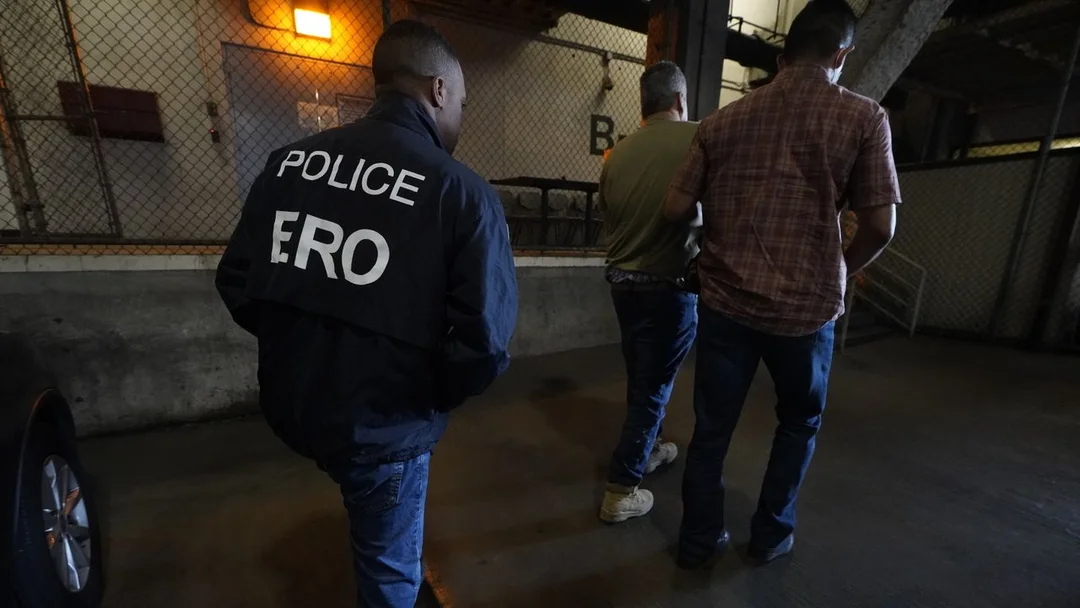
When ICE Raids Turn Everyday Life into a Nightmare for Families
In the quiet towns of California's Central Coast, a wave of recent Immigration and Customs Enforcement (ICE) raids has shattered the sense of normalcy, leaving families in disarray and raising urgent questions about immigrant rights in America. These operations, targeting undocumented individuals in everyday settings, highlight the human cost of aggressive deportation policies and spark nationwide debates on due process and community safety.
The incidents began surfacing over the past week in counties like San Luis Obispo, Santa Barbara, and Ventura, where ICE agents have conducted a series of arrests. One particularly heartbreaking case unfolded at a Sinclair gas station in Oxnard on May 4. Eyewitness Juan Conches described how a man was suddenly surrounded by several vehicles, including a Ford Explorer and Toyota Tacoma, while pumping gas with his children in the truck. "They arrested someone," Conches recounted in a video shared by the nonprofit 805 UndocuFund. "They left the children inside the truck." The two young individuals—one a minor and the other 19 years old—were left stranded, unable to drive, as their father was taken away.

Beatriz Basurto, rapid response coordinator for 805 UndocuFund, confirmed at least seven arrests across the region, with operations continuing through early May. Many of those detained are Indigenous migrant farmworkers speaking Mixtec, a detail that underscores the raids' disproportionate impact on vulnerable populations in neighborhoods like La Colonia in Oxnard. Basurto noted, "They are trying to meet a quota... using tactics that are meant to intimidate and instill fear." This surge follows a lull in ICE activity, suggesting a renewed push under current administration policies, which critics argue erode due process.
Comparisons to similar raids elsewhere, such as in Tennessee and Massachusetts, reveal a broader pattern. In Worcester, community protests erupted after ICE detained residents, including a video showing a teenage girl being restrained during her mother's arrest. Reagan-appointed Judge J. Harvie Wilkinson warned of the dangers, stating, "If today the Executive claims the right to deport without due process... what assurance will there be tomorrow?" These events not only disrupt lives but also fuel public outcry, as seen in Santa Barbara where over 150 protesters demanded that local law enforcement limit cooperation with ICE.
The raids' ripple effects are profound, with families facing financial crises and heightened anxiety. 805 UndocuFund has seen call volumes triple, providing legal aid and support to those affected. Despite ICE's reluctance to comment on "routine law enforcement activity," advocates argue these actions prioritize enforcement over humanity, potentially leading to mistaken identities and community-wide fear.
In summary, these ICE raids expose the fragile balance between immigration enforcement and human rights, leaving coastal California communities overwhelmed and calling for accountability. What does this mean for the future of immigrant families in the U.S.? As tensions rise, it's crucial to reflect on the broader implications for society. We invite readers to share their thoughts in the comments below—do these operations protect borders or tear families apart? Your insights could spark meaningful dialogue and encourage action.